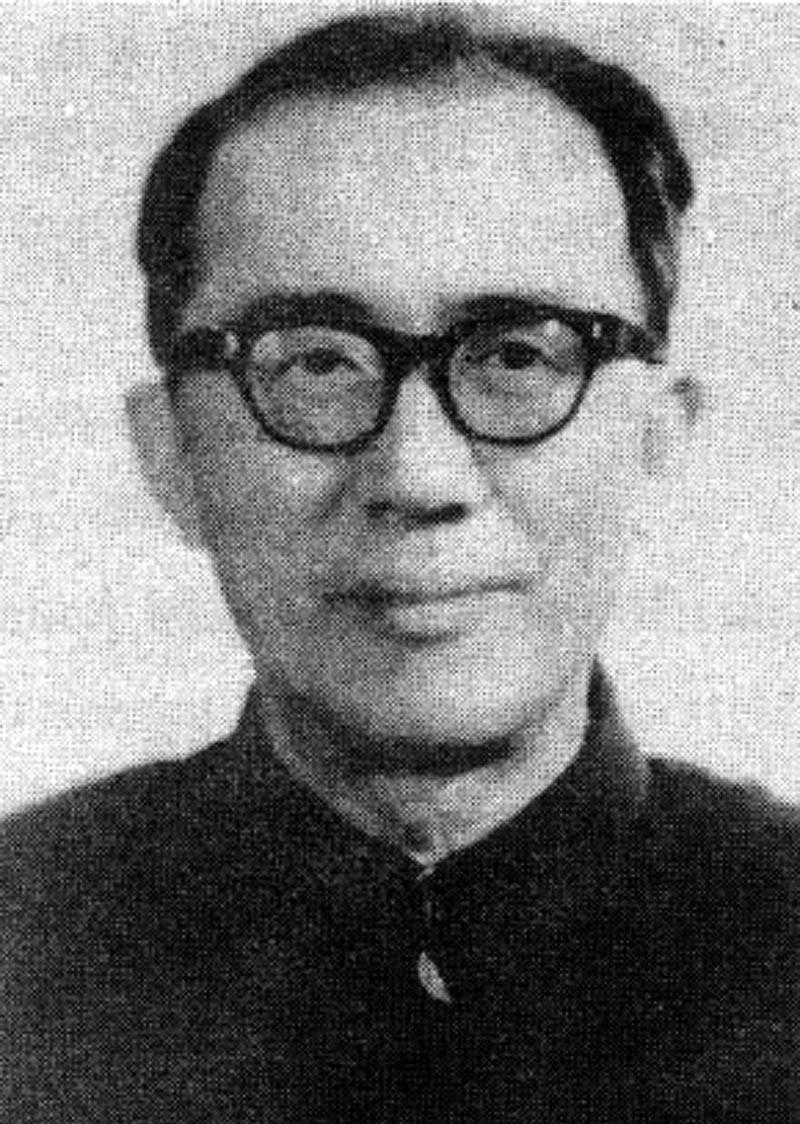After graduating from his ph.D. in the United States, he wanted to use the knowledge he learned to serve his motherland, but he was blocked by the United States for 7 years.
In the end, he returned to his haunted motherland at the cost of frozen deposits, and spent his life making significant contributions to the country's scientific cause and economic construction, his name was Xiao Jimei.

<h1>This is where science begins to save the country</h1>
Xiao Jimei was born in 1920 in the Victory Camp of Fenghuang County, Hunan Province, and has been bright and studious since childhood. However, in the process of growing up, he experienced the years when China was invaded and oppressed by small countries. Therefore, when Xiao Jimei was in the fifth grade of primary school, she once made an ambition: to study well, to make the country rich and strong, and not to be a slave to the country.
While studying at Mingde Middle School in Changsha, Hunan Province, he and his classmates did their best to publicize the anti-Japanese resistance by running magazines and performing street dramas.
In 1939, he was admitted to the Department of Mining and Metallurgy of Tangshan Institute of Technology of Jiaotong University. However, his family underwent drastic changes, and his life changed from being pragmatic to poor, so that after graduation, he had to work two teaching jobs, and then engaged in research related to metallurgy.
In 1948, Xiao Jimei went to the United States to study and entered the University of Missouri's School of Mining and Metallurgy to pursue a doctorate. Due to his talent and diligence, he received his doctorate two years later.
<h1>Seven years of bumpy road back home</h1>
After graduating with a doctorate, Xiao Jimei wanted to return to China and use the metal science knowledge he learned to contribute to the construction of new China. However, in 1951, when he received an offer letter from Tianjin Beiyang University and quickly booked a ferry ticket to return to China, he was blocked by the U.S. government.
After that, he tried all kinds of methods to no avail, and could only stay in the United States for the time being. But during his seven years in the United States, he accumulated a lot of experience in industrial application research on metals and metallurgy.
In 1957, Xiao Jimei resolutely decided to return to China, but the U.S. government was not willing to let go of a top expert in metal science and metallurgy, so Xiao Jimei's return to China was not smooth.
On July 7, 1957, Xiao Jimei took his wife and two sons to San Francisco on a ship back to China. However, two U.S.C.I.S. officials then boarded the ship to persuade them to stay. Their reason is that the new China has just been founded, and the scientific research environment is poor and unfree. And they also promised Tokymi better jobs and higher treatment.
However, this did not make Xiao Jimei's heart to return to China waver, he loved the motherland, the motherland also needed him, so he categorically refused the invitation of the US government. Subsequently, the two OFFICIALS of the US IMMIGRATION Bureau still withheld Xiao Jimei's deposit of 10,000 US dollars, leaving only 1,000 yuan as the travel expenses of their family of four.
Xiao Jimei was not moved, and he could humorously tease, "I will deposit the money with you first, but I will calculate the interest." Later, the deposit was brought back by Nixon during his visit to China.
<h1>Full of honors, a generation of Chinese academic masters</h1>
After returning to China, Xiao Jimei made outstanding contributions in many fields such as basic theoretical research in the field of metallurgy, related research on nickel-saving stainless steel, and research on fracture disciplines that solve practical problems.
In 1978, Xiao Jimei became a member of the Metallurgical New Materials Group and the Corrosion Sciences Discipline Group of the State Science and Technology Commission, and two years later he was elected as an academician of the Chinese Academy of Sciences. In 1999, Xiao Jimei was awarded the title of "Senior Member" by the American Society of Corrosion Engineers (NACE).
In addition to the fruitful results in scientific research, Xiao Jimei has also been engaged in front-line teaching work for a long time, and has been full of peach and plum all over the world. Moreover, he was the vice chairman of the China Postdoctoral Science Foundation and made important contributions to the establishment and improvement of China's postdoctoral system.
However, in the face of various honors, Xiao Jimei still maintained a simple style and completed his research and education work in a down-to-earth manner. Until he was over ninety years old, he still adhered to the attitude of "serving a soldier and not a soldier" throughout his life, and dedicated himself to the three-foot podium.
Xiao Jimei died in Beijing on April 23, 2014, and it can be said that he is a truly admired generation of academic masters.